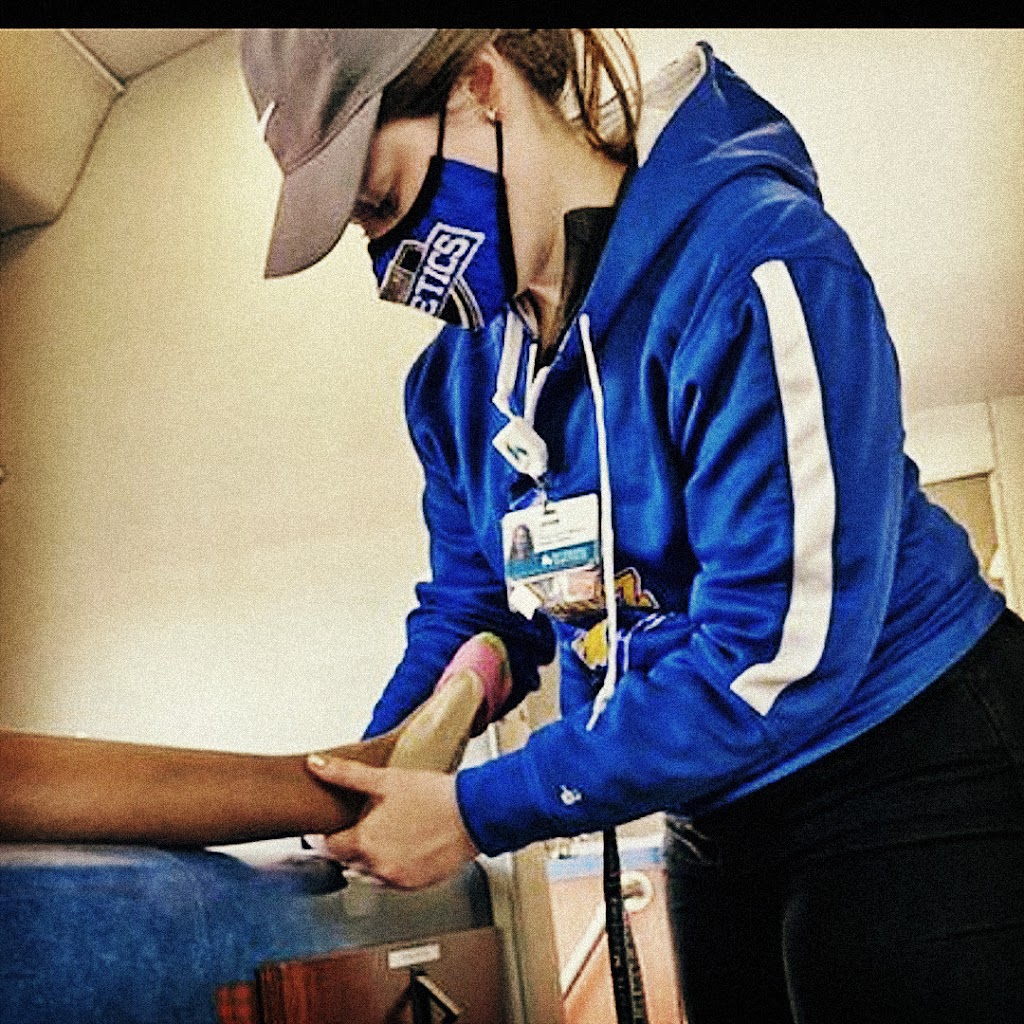AT Spotlight: Janae Wicker, Small School, Big Presence
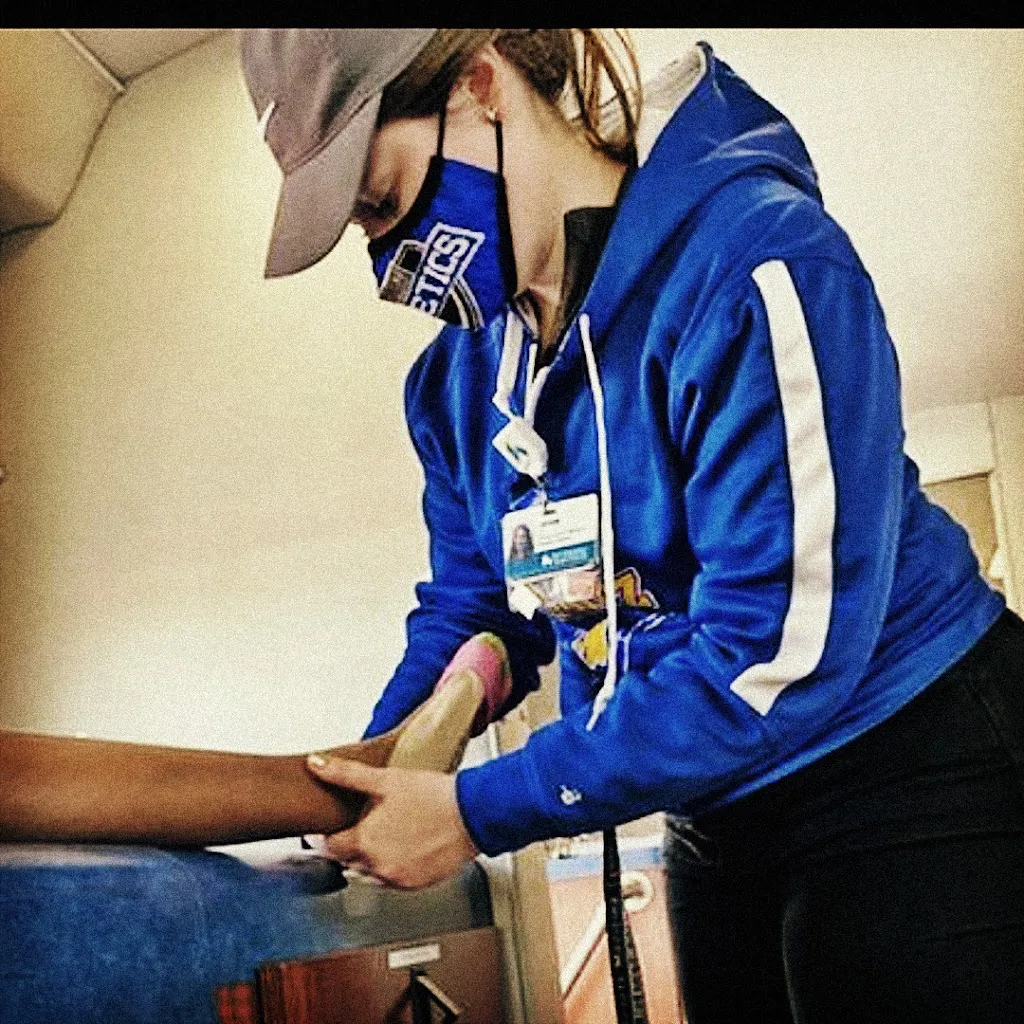
Name: Janae Wicker, ATC
My favorite moment:
It was my first year at Ponitz and I had an athlete who really struggled with getting in trouble at school. He was very intelligent and felt that he had to have a tough persona to protect him from being bullied for how smart he was and would act out to draw attention from his brilliance. He had an injury during his season and we would talk about who he wanted to be in life, his life goals, and the how outlined the steps to achieving them. In our last week of school he handed me a letter and asked me to read it. It was his acceptance letter to his top school. I celebrated with him and asked what his parents said. He said, “I didn’t tell them.” I asked. “Why?” He said, “Because I thought you’d be the only one that cares.”
What does your day to day look like?
I arrive at my school an hour before they get out, usually I get caught up in conversations along the way. I prepare the set up for practice and print out any updates for rehabs I am working on. When school gets out it os a free for all of taping and bandaging for practice, doing rehabs, and evaluating injuries from the previous day. I usually have about 30 minutes to see athletes for every sport that season. I go to practice for my contact sport and continue any rehabs on the sideline if they’re more functional. Anyone who needs me for injuries or treatment can find me at practice. After practice ends, my athletes take my gear inside for me and I evaluate more athletes. I then document for the day and adjust any rehab plans or strategies for the next day.
What has been the biggest change in the year of the pandemic?
My school shut down all sports for spring, half of football season, and then a 1/3 of basketball season. They were also online for about a year. It was hard to have so many injury prevention programs I created for pre-season not being applied and then having overuse injuries. I was able to work in a variety of hospitals and take on an abundance of free-lance opportunities. It really encouraged my passion to work directly with patients.
When you’re not on a sideline, where can we find you?
Playing sand volleyball or traveling.
Are you an Athletic Trainer?
Join us!
From per diem shifts to full-time opportunities, AT resources, PLI, a free EMR and more, Go4 is the essential AT app. Sign up now!
"*" indicates required fields
Other articles you might like
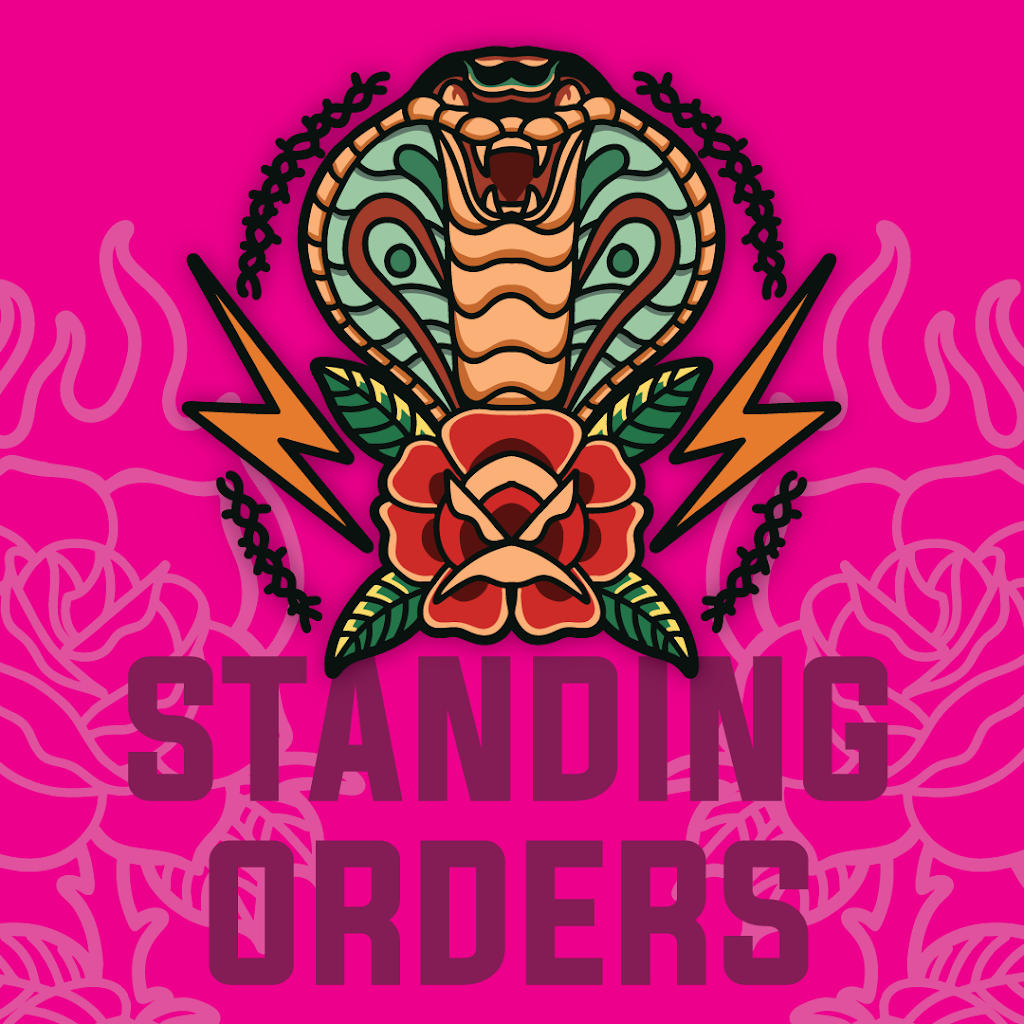
What’s the deal with Standing Orders?
How do I get standing orders as an athletic trainer? Q: What are standing orders? A: Standing orders, aka medical protocols, establish the scope of practice for an athletic trainer. Under the direction of a physician, they are an overview of the specific skills that the AT is legally able…
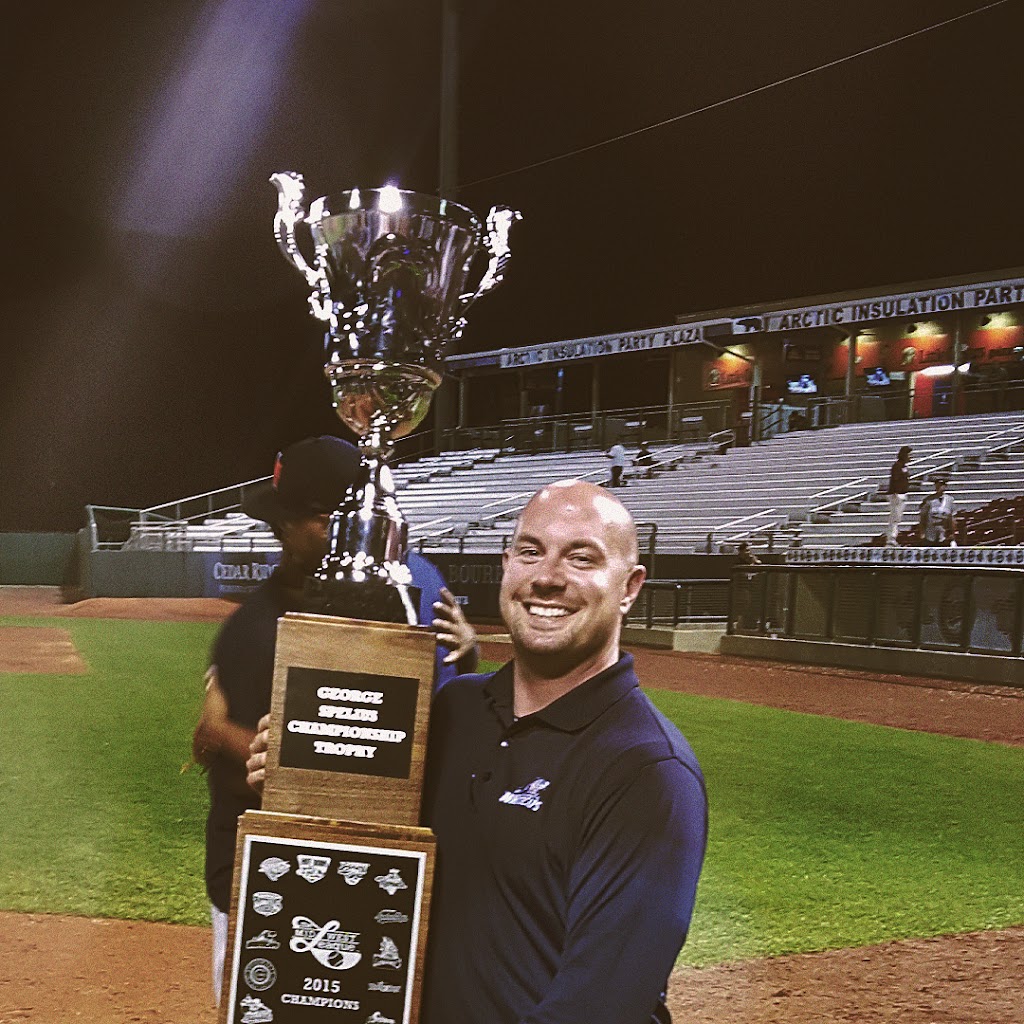
AT Spotlight: Thomas Obergefell, Athletic Training from the Dugout
Name: Thomas Obergefell, MS, ATC, LAT Nickname: T.J. Alma…
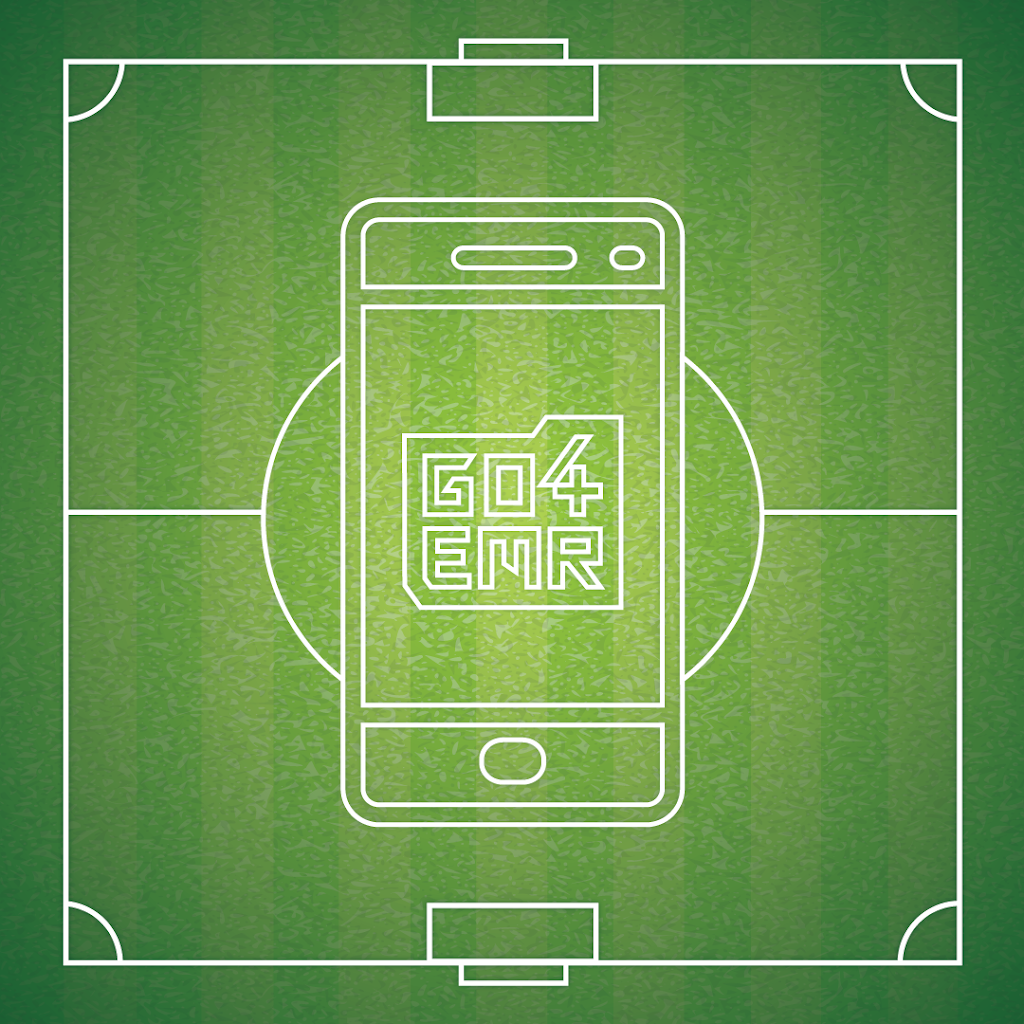
Middle School / High School / College / Any School EMR – The Importance of Documentation
Go4’s in-app Electronic Medical Record We all know the reasons why it’s important to thoroughly document, but incase you forgot, here they are:…
